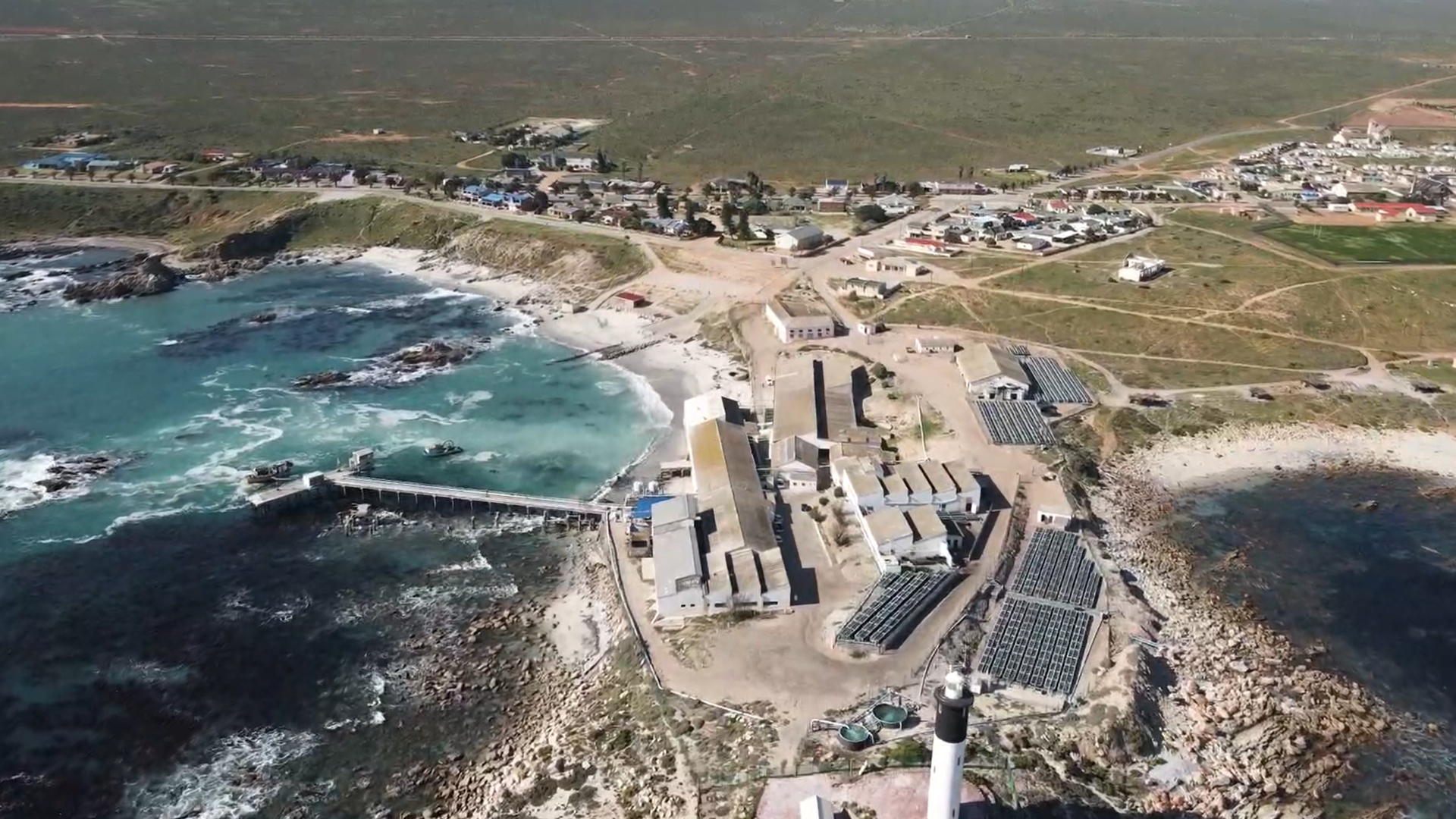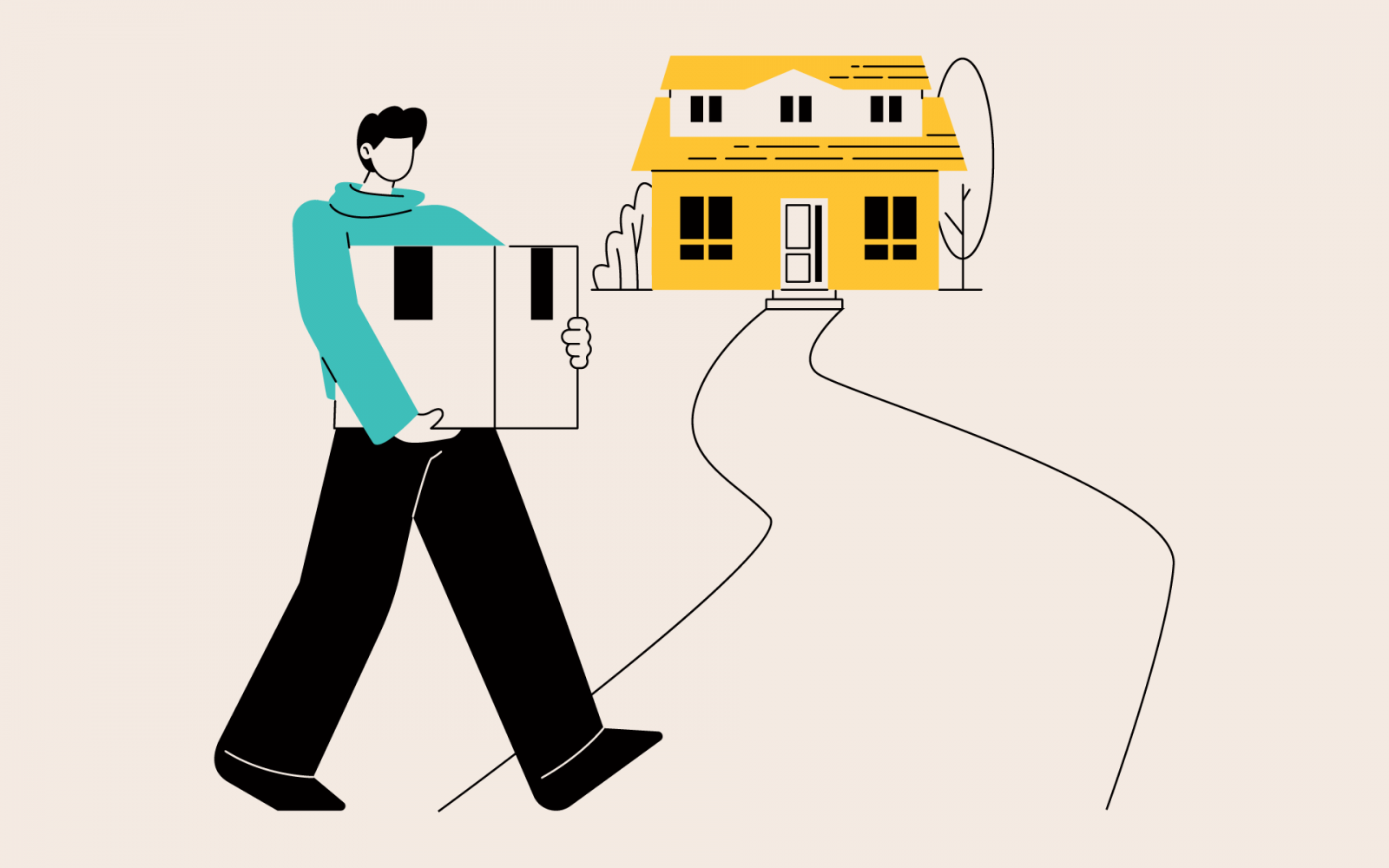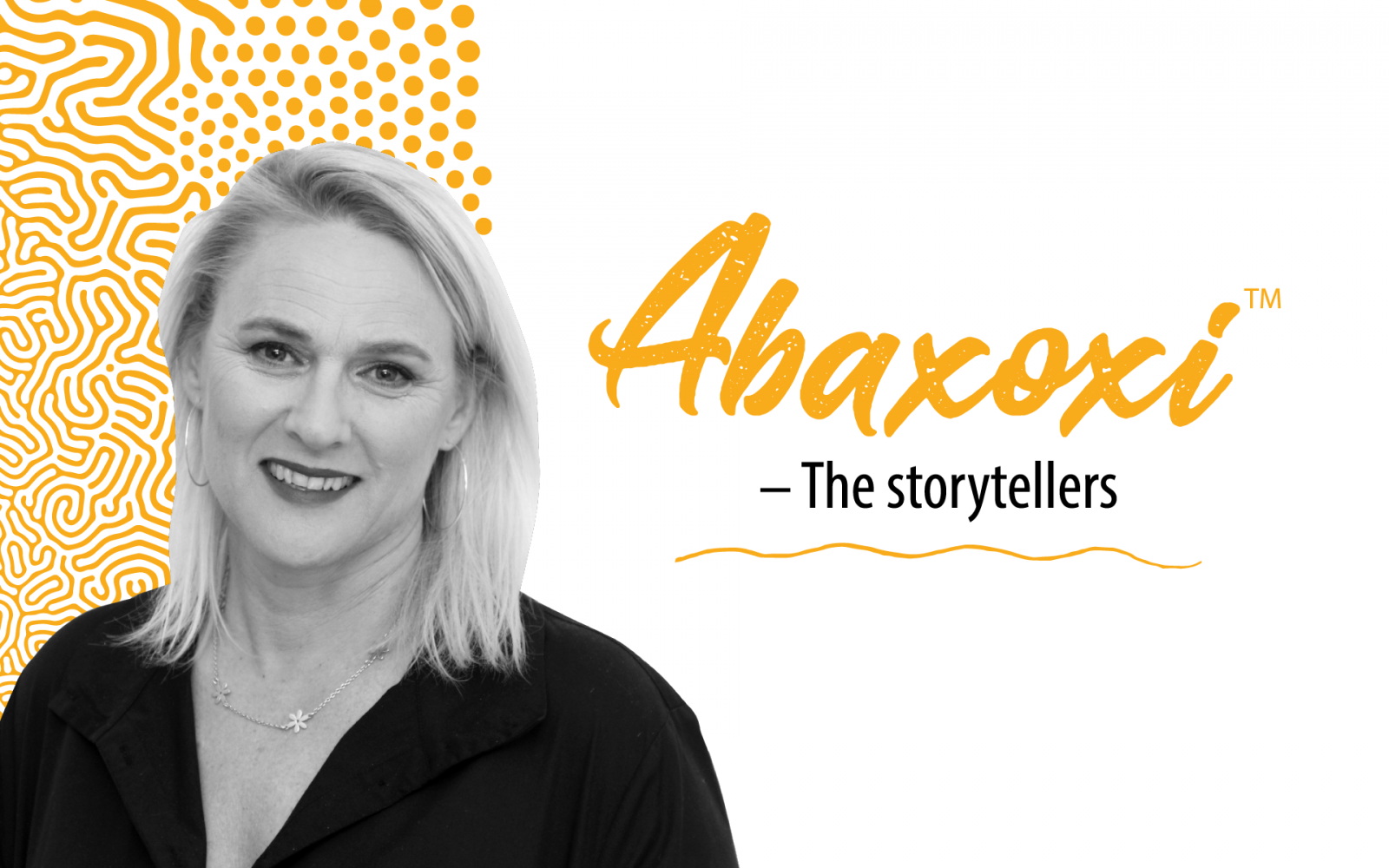Ruben Saul, the Perlemoen and Pebble Dreamer of Doringbaai

How a tiny, struggling West Coast fishing village found a new lease of life.
How a tiny, struggling West Coast fishing village found a new lease of life
Doringbaai, the Bay of Thorns, ‘daar doer en gone’ between Lambert’s Bay and Strandfontein on the Wild Route of the West Coast, was once a bay of plenty.
The raging waters were rich with crayfish, which is why, in 1925, a Dutchman by the name of Koos Bleeker set foot here, with strict instructions from the North Bay Canning Company.
Set up a factory, they told him, in a tiny settlement that had previously served as an anchorage for ships on the sea-trading route, off-loading provisions that would be transported by camel to Vanrhynsdorp, about half-a-day’s trek into the interior. So, he did.
For more than half a century, the Oceana Crayfish Factory bloomed among the thorns of Doringbaai, a thriving enterprise that hauled, processed, and packaged tons of rock lobster from the deep, giving a fast-growing community the chance to earn their daily crustacean.
‘Kreef’, they call it out here, and it is the everyday treasure of the West Coast, notwithstanding the diamonds of the Richtersveld.
But then, as happens often in small seaside villages that depend for their sustenance on a single industry, the tide of fortune turned.
The Oceana shifted its operations south to St Helena Bay, and the factory bolted its doors. Waves and the weather can be cruel to the structures that harbour our hopes and dreams.
Paint peels from the walls, rust eats away at the metal, barnacles colonise the idle jetty.
And yet, the people of the West Coast, the Weskusbewoners, salt of the earth and sea, are stronger than the elements that conspire to keep them at bay.
“I had my moments of doubt,” says Ruben Saul, a community leader and entrepreneur, born and bred in Doringbaai. “I thought we weren’t mature enough for this task. I knew it would take time and that there would be many challenges. But I was certain that with my faith, it would manifest. It was important for us to persevere with our dream.”
The old factory, once the heart and soul of Doringbaai, is breathing again. Fresh water gushes into the tanks, and the lustre of mother-of-pearl shimmers in the industrial light.
The factory has become a farm for perlemoen, the flat-shelled seasnail that lives on the rocks in the shallow waters of the cold Atlantic. It is known, too, by another name, Spanish and Native American in origin: abalone.
It is prized, in the Far East in particular, for its buttery, chewy flesh, its claimed therapeutic benefits, and the iridescent beauty of its shell, a symbol of love, peace, and compassion. But to the people of Doringbaai, abalone has come to stand for something else. Survival.
“The closing of the Oceana Factory was a huge setback for our community,” says Ruben. “We had to put our heads together and find a way to ensure our self-determination.”
That way turned out to be the formation of the Doringbaai Development Trust, which aims to generate income and employment, uplift the community, and preserve the fragile environment of the West Coast.
With a lease for the premises of the old abandoned crayfish factory, and seed money from provincial and national government, Doring Bay Abalone began farming in 2013.
The abalone industry in South Africa is highly regulated, in part to combat poaching of the precious mollusc. In 2019, the Minister of Agriculture, Senzeni Zokwana, estimated that only five percent of South African wild abalone is legally caught.
Doring Bay Abalone currently employs 50 people and farms more than one-and-a-half-million abalone, with production of up to 60 tons, much of it destined for export to Hong Kong.
But Ruben, along with his fellow entrepreneurs, Wayne Cook, Auburn Malakaza, and Albe Moelich, knows all too well that abalone alone will not be enough to sustain the community.
The bay is a natural asset in its own right, and for the visitors who journey this far up the West Coast, the rewards will come not only in the form of the raw and breath-taking scenic beauty of the region, but in a homegrown incentive to sit back and drink in the view.
The Fryer’s Cove Winery, set on a hillside where the vines are protected by dune vegetation, produces Sauvignon Blanc and Pinot Noir that are ‘forged of the earth, tempered by the sea’.
The wines are served at a tasting venue at Doringbaai Harbour, and at the adjoining Jetty restaurant, which is run by members of the community.
But if Doringbaai is a hard place, its future is equally written in stone, thanks to what Ruben calls the ‘klippe projek’: a separate factory that turns fragments of rock from a mining company into bright and shiny pebbles, for gardens and interiors. Abalone, tourism, wine, and pebbles.
Once again, this is a bay of plenty, and for Ruben, there is ample room to accommodate the infinity of the human spirit.
“It was always my vision, my passion,” he says, “to be able to make a difference in my own community. To create jobs, to relieve people from poverty, to give people something to do for themselves, so that they can stand up and work. If you believe in yourself, and believe in your ability, it doesn’t matter where you come from.”
He feels privileged to have grown up on the streets of Doringbaai, and to be living here still, with the words of his old school motto carried on the wind and the waves.
“Aanhou en oorwin,” he says. “Aanhou en oorwin. The more you persevere, the more you will eventually triumph.”
For more fascinating stories about the remarkable people and places of the West Coast, watch Weskubewoners, brought to you by BrightRock, on kykNET every Thursday at 21:00.




